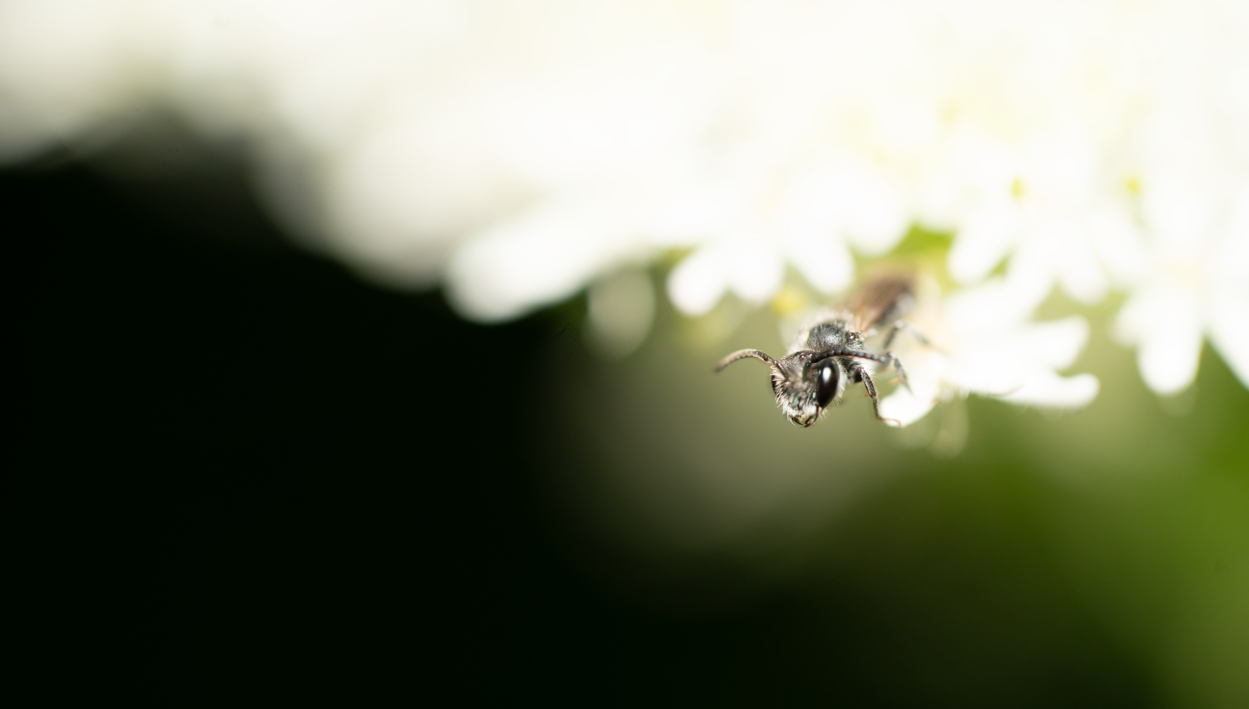
Research interests
I ask questions related to behaviour; about how we describe behaviour, how a behaviour is produced, and why. Some of these questions can be stated simply.
1. What is that animal doing?
I approach behaviour both philosophically and quantitatively. With recent advances in computing power, the study of behaviour, ethology, has become a computational discipline using big data. My work focuses on developing a systematic approach (a grammar) for the description of behaviour. Current projects involve quantifying movement and classifying behaviour based on data from video recordings, trackballs, and accelerometers.
To analyse this data, I develop and implement tools in R, with particular emphasis on natural, spontaneous behaviour under naturalistic circumstances. This old-school observational approach remains central to my work, making field studies essential for understanding what constitutes natural behaviour for a given animal.
2. Why does the animal do that?
My journey into behavioural research began with neuroscience—exploring how the brain produces behaviour and enables adaptation. This background drives me to pursue questions where investigating behaviour itself can inform us about the underlying neural processes. A complementary aspect examines how immediate environmental and contextual factors influence an animal’s behavioural choices in specific situations.
3. What is the role of behaviour in evolution?
I am also interested in the role of behaviour in evolution. In particular, the ways in which individuals differ behaviourally and how these individual differences result in speciation. What the underlying reasons are and what the evolutionary consequences of these individual differences are.
4. What can behaviour tell us about experience, agency and consciousness?
While my primary focus remains on animals (during my PhD, I worked with various insect species including ground beetles, wood ants, bumblebees, glow worms and locusts), the concept of behaviour extends beyond neural systems. Plants perform goal-directed actions; bacteria form coordinated biofilms. These observations raise profound questions: What constitutes agency? Do non-animal organisms possess it comparably to animals? When systems demonstrate agency, sensation, and perception, does subjective experience necessarily follow?
Collaborations
I am always looking to make new connections, both within, but certainly also across disciplines, so if you think we could work on some fun, interesting questions together, please reach out!